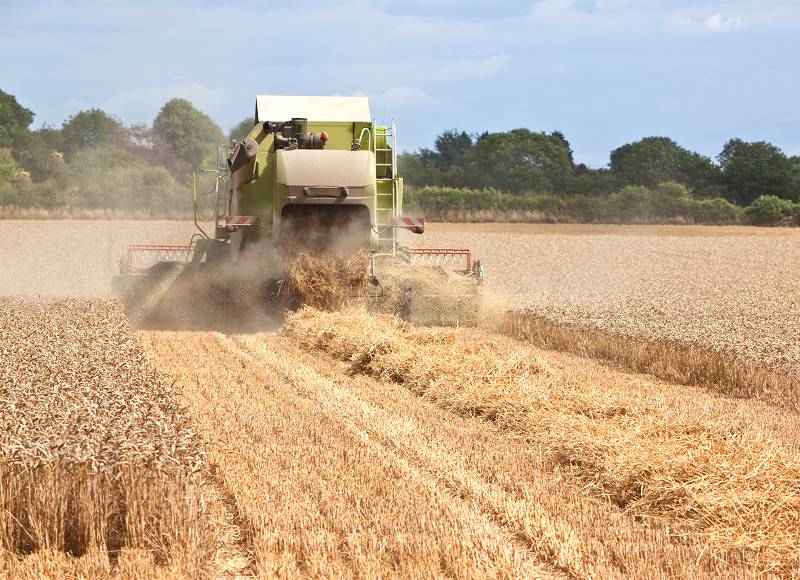
As part of designing and implementing green public investment programmes, EU4Environment organised a webinar on “Utilising agricultural residues: Experience from European countries” on 02 December 2021 through Zoom.
Objectives of the Webinar
In the course of the implementation of this work, the Georgian authorities requested sharing information about the experience with management of biodegradable waste in the OECD and the EU countries. This webinar aimed to respond to this demand with the following objectives:
- to facilitate knowledge transfer and experience-sharing between the EU and EaP countries concerning approaches on utilising agricultural residues for energy in the context of greening public expenditure
- to support Georgia and other EaP countries in leveraging private (non-state) investments into equipment and technologies that divert environmental and climate-related problems connected with the treatment of agricultural residues, green waste and bio-waste.
Participants – Speakers and Target Audience
Speakers at this webinar came from the agricultural and bioenergy sectors. National public authorities from the selected EU countries were represented (Ministry of Agricultural, Food and Forestry Policies of Italy), as well as intergovernmental organisations (International Energy Agency), NGOs (Bioenergy Europe) and the private sector (Food & Bio Cluster Denmark).
The OECD was supported in organising this webinar by Kommunalkredit Public Consulting from Austria.
The webinar was targeted at national public authorities in EaP (EECCA) countries dealing with environment, agriculture and energy issues. Representatives of beneficiaries of the proposed public support were equally invited (e.g. farmers’ associations).
Background
In 2021, the OECD and the Ministry of Environmental Protection and Agriculture of Georgia agreed to work on designing a public environmental expenditure programme that focuses on utilising agricultural residues from farms, as well a green waste and bio-waste from households and food and beverage producers.
Besides the use of biodegradable waste or bio-waste for energy generation (biomass, biogas) or composting, the project aims to tackle two main environmental problems:
- Field burning of agricultural residues (causes GHG emissions without any accompanying energy benefit)
- Landfilling and illegal dumping of bio-waste, which result in landfill gas emissions (mainly methane and carbon dioxide) and leachate to the soil and groundwater
The development of public environmental expenditure programme aims to develop project pipelines that include investments to generate heat energy (locally in the same farm or to produce biomass fuel), as well as small-scale aerobic composting facilities for farmers and households in rural areas (green waste and bio-waste) as well as anaerobic digestion facilities for food and beverage producers (bio-waste).
Meeting Presentations
Green public investment programme in Georgia with focus on biodegradable waste (David Simek, Environment Directorate, OECD)
Sustainable Bioenergy for Georgia: Roadmap key findings (Talya Vatman, International Energy Agency)
Investment in supply chain for vine pruning or similar residues used for biomass boilers (Attilio Tonolo, Ministry of Agriculture, Food and Forestry, Italy)
Straw to energy technologies in Denmark (Jørgen Hinge, Food & Biocluster, Denmark)
Agrobiomass in the European context (Irene di Padua, Bioenergy Europe)
For more information, please contact Mr David Simek: david.simek@oecd.org.





